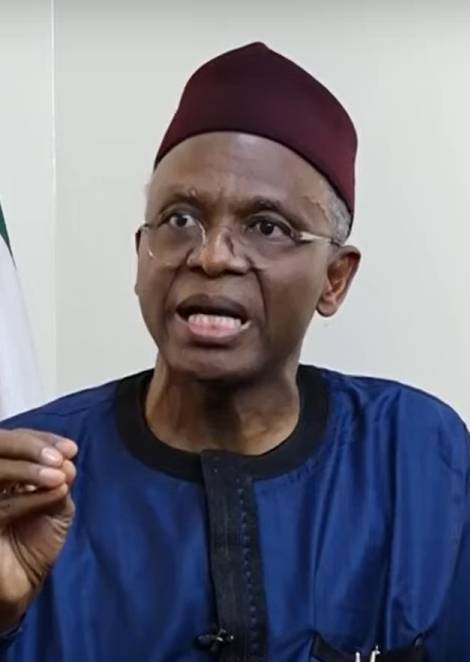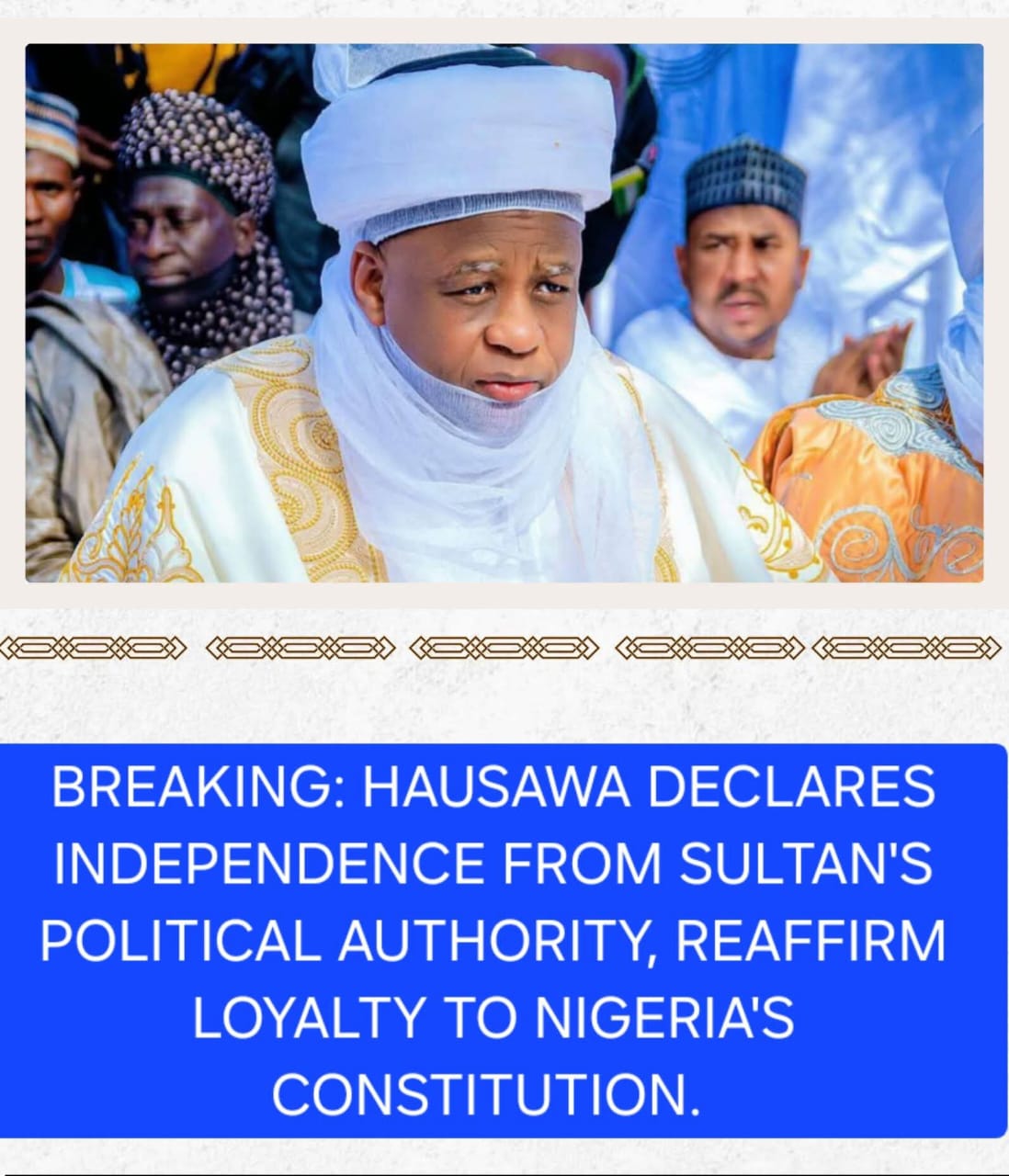Kano Emirate Power Struggle

Battle of Princes: The Power Struggle in Kano
The unfolding drama in Kano State, where His Highness Aminu Ado Bayero, recently deposed Emir of the balkanized Kano Emirate, finds himself at the Nasarawa Palace alongside his reinstated nephew, His Highness Muhammadu Sanusi II, highlights the intricacies of power struggles and political maneuvering. This situation, further complicated by reports of the state government ordering Aminu’s arrest, offers a poignant case study for the timeless wisdom of Niccolò Machiavelli’s “The Prince.”
Machiavelli’s work provides a profound understanding of the dynamics at play in such high-stakes political conflicts. His insights into power, strategy, and human nature offer a valuable lens through which we can examine the current predicament in Kano.
The Necessity of Prudence and Adaptability
One of Machiavelli’s central tenets is the importance of prudence and adaptability in leadership. He writes, “The wise man does at once what the fool does finally.” This aphorism underscores the necessity for swift, decisive action in the face of political turmoil. For Aminu Ado Bayero and Muhammadu Sanusi II, prudence and adaptability are crucial. Aminu’s return to Kano amidst a politically charged atmosphere suggests a need to carefully consider his next steps. His decision to return to the Nasarawa Palace, a symbol of his previous authority, could be interpreted as a strategic move to assert his legitimacy and maintain his influence.
However, this action also requires adaptability. Machiavelli advises leaders to “never attempt to win by force what can be won by deception.” Aminu must navigate the delicate balance of asserting his presence without inciting further conflict that could lead to his arrest or exacerbate tensions. This requires a nuanced approach that blends strength with cunning, demonstrating both virtù and the ability to pivot as circumstances evolve.
The Importance of Perception and Image
Machiavelli emphasizes the role of perception in leadership. He notes, “Men judge generally more by the eye than by the hand,” highlighting the importance of image and public perception. For both Aminu and Sanusi, managing their public image is paramount. Aminu’s return to the palace is not merely a physical act but a statement intended to influence public perception and project an image of resilience and legitimacy.
Sanusi, on the other hand, must navigate his reinstatement with an awareness of how his actions are perceived by both his supporters and adversaries. His return to power after four years of deposition is a significant event that will be scrutinized closely. Machiavelli’s advice to maintain the affection of the people is crucial here. Sanusi must work to consolidate his support base, ensuring that his reinstatement is viewed positively and that he is seen as a unifying figure rather than a polarizing one.
The Art of Strategic Alliances
In “The Prince,” Machiavelli stresses the importance of strategic alliances. He advises rulers to carefully choose their allies and to be wary of those who could undermine their position. In the context of Kano, both Aminu and Sanusi must navigate a complex web of alliances. Sanusi’s reinstatement is likely supported by powerful political actors, and maintaining these alliances will be essential for his continued reign.
Aminu, facing potential arrest, must seek out alliances that can offer him protection and support. Machiavelli’s counsel that “the first method for estimating the intelligence of a ruler is to look at the men he has around him” is particularly relevant. Aminu needs to surround himself with loyal and capable advisors who can help him navigate the current crisis and plan his next moves.
The Role of Fortune and Timing
Machiavelli frequently discusses the role of fortune (or luck) in human affairs, acknowledging that while leaders can influence events, they are also subject to forces beyond their control. “Fortune is the arbiter of half the things we do,” he writes, “but she still leaves the other half, or little less, to be controlled by us.” Aminu’s and Sanusi’s current positions are, in part, the result of fortune. Sanusi’s reinstatement and Aminu’s deposition are outcomes influenced by political dynamics that may be beyond their immediate control.
Understanding this, both leaders must focus on what they can control—how they respond to these changes and the strategies they employ moving forward. Timing, as Machiavelli notes, is critical. Both emirs must recognize the opportune moments to act or retreat, leveraging the momentum of events to their advantage.
Navigating the Immediate Crisis
With the state government reportedly ordering Aminu’s arrest, the immediate challenge is clear. Machiavelli advises that “a prince who is not himself wise cannot be wisely counseled,” highlighting the need for Aminu to rely on prudent and strategic advice. Avoiding arrest will require careful negotiation and possibly seeking refuge with powerful allies who can offer protection.
Sanusi, on the other hand, must handle this situation delicately to avoid appearing vindictive or overly harsh. He must balance the need to assert his authority with the potential repercussions of how Aminu’s situation is managed. A heavy-handed approach could alienate key supporters and incite further unrest, while a more measured response could bolster his image as a fair and just leader.
The Long-Term Implications
Looking beyond the immediate crisis, both Aminu and Sanusi must consider the long-term implications of their actions. Machiavelli’s advice to “win either by force or fraud” can be interpreted as a call to ensure that their strategies are sustainable. Aminu must think beyond the current power struggle and consider how he can remain relevant and influential, even if he is not the reigning emir. This might involve building a base of support within the community, engaging in philanthropic activities, or playing a significant role in cultural and social affairs.
For Sanusi, the challenge is to consolidate his power and implement the reforms and policies that he advocates for without provoking further instability. He must manage the delicate balance of maintaining traditional authority while pushing for modernization and progress, a task that requires both political acumen and a deep understanding of the cultural context.
The Path Forward
The power struggle in Kano, as encapsulated by the presence of two emirs in the Nasarawa Palace and the looming threat of Aminu’s arrest, is a vivid illustration of the complex dynamics that Machiavelli explores in “The Prince.” Prudence, adaptability, strategic alliances, the management of public perception, and the role of fortune are all at play in this unfolding drama.
For Aminu Ado Bayero, the path forward requires a careful blend of strategic retreat and resilience. Avoiding immediate conflict, building alliances, and focusing on long-term relevance are essential. For Muhammadu Sanusi II, the challenge lies in consolidating his authority, managing perceptions, and navigating the political landscape with wisdom and tact.
Ultimately, the resolution of this power struggle will depend on the ability of both leaders to apply Machiavelli’s timeless insights to their unique context, leveraging their strengths and navigating the complexities of human nature and political intrigue. The battle of princes in Kano is a testament to the enduring relevance of Machiavellian principles in understanding and navigating the intricate dance of power and leadership.
By Dr. Felix Okogun
Abuja-Based Security Expert









